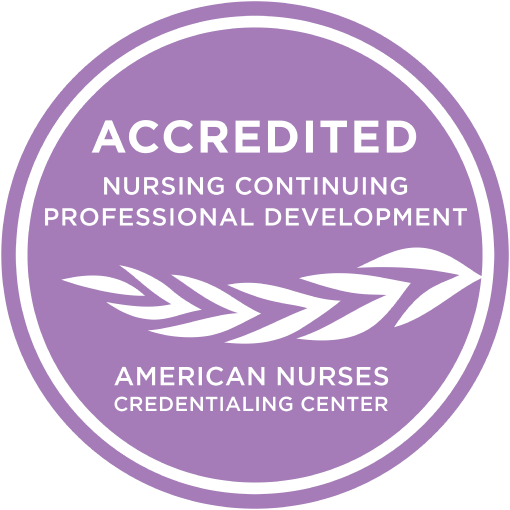Differentiating Cognitive Aging and Dementia
Contact Hours: 1.5
Course Overview
Many times, individuals, family members, and healthcare workers fail to understand the relationship of neurological symptoms as they are related to dementia. It can be rather difficult to differentiate cognitive aging, such as memory loss, versus early signs of dementia, which may require further diagnosing and treatment. Many of us tend to become more forgetful as we age, become distracted more easily, or have issues with multitasking. Even though these changes are normal and typically occur during middle age, they can very well become a nuisance and even frustrating at times. But how can one know that these are normal signs of cognitive aging and are not an early symptom nor a determinant of dementia? As a healthcare provider, it is important to understand the differences between cognitive aging and dementia so a diagnosis can be accurate and efficient.
With an increasing number of age-related illnesses, it is sometimes difficult to differentiate between dementia and normal cognitive aging, as well as verify the proper treatment for family members and nurses who are caring for this population. However, the differences must be made clear so that proper understanding of treatment options and medical interventions can be made accurately.
Course Outline
- Introduction
- Justification of Knowledge
- What is Dementia versus Cognitive Aging Memory Loss?
- Common Types of Dementia
- Treatment and Interventions for Nurses and Caregivers
- Moving Forward: The Future of Individuals with Dementia
Course Outcomes
After completing this course, the learner will rate 4 out of 5 on the Likert Scale for their ability to:
- Understand the unique differences between dementia and normal cognitive aging.
- Determine the common types of dementia and what specific neurological determinants are noted in individuals with dementia.
- Evaluate the most effective means of treatment and interventions for nurses and caregivers to provide care.
- Understand the future of individuals with dementia.
Accreditations and Approvals

- American Nurses Credentialing Center (ANCC) (P0614)
- California Board of Registered Nursing (CEP 17418)
- Kentucky Board of Nursing (7-0090)
- Louisiana State Board of Nursing (58)
- Florida Board of Nursing (50-23983)
- Delaware Board of Nursing (DE-24-010127)
- Alabama Board of Nursing (#ABNP1577)
- Iowa Board of Nursing (#393)
- Kansas Board of Nursing (LT0340-0325)
Approved by the Board of Nursing in every state, you can complete your RN, LVN, and APRN CEUs with confidence.
Accreditation Statement
Nursing CE Central LLC is accredited as a provider of nursing continuing professional development by the American Nurses Credentialing Center's Commission on Accreditation.
It will take the average learner 90 minutes to complete and awards 1.5 contact hours of continuing education.
Written For
- Registered Nurses (RN)
- Advanced Practice Registered Nurses (APRN)
- Licensed Practical Nurses (LPN/LVN)
Requirements for Completion
- Enrollment in the course by the learner
- Read and learn all course materials
- Complete the course evaluation
- Attest and testify learning of the course materials
Disclosure of Relevant Financial Relationships
Nursing CE Central nor any of the authors, planners, content experts, or any contributors have any relevant financial relationships with ineligible companies to disclose.
